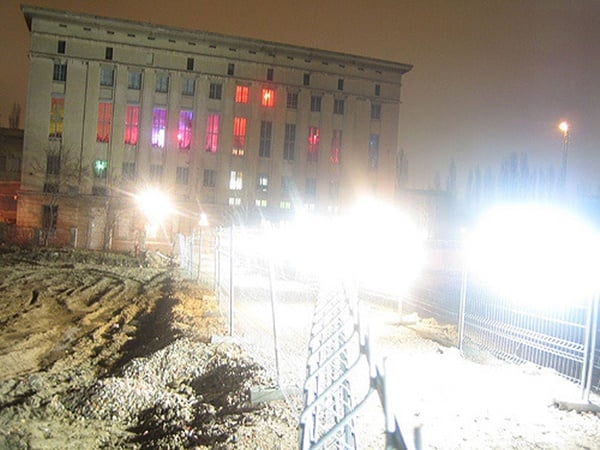
Famous Berlin nightclub Berghain scored a legal victory when a German court ruled that it qualifies as a “high art” institution for tax purposes, according to a report in Der Spiegel.
While entertainment venues are taxed at a hefty 19 percent rate, “high art” institutions, such as classical music venues, are taxed at seven percent.
German tax officials reportedly argued that Berghain was “ruled by entertainment, not by culture,” because of its patrons’ fondness for alcohol and drugs, according to DazedDigital.com. The finance ministry reportedly said the club, which is in a defunct power station, didn’t fit with high culture venues because it lacks a stage for its musical performances, and an “ending” where people actually clapped.
However, visitors on Sundays to Berghain remain devout; in fact, some refer to the act as “Sunday Mass,” likening their time at the club to a religious experience. “The construction is similar to that of a cathedral of the Middle Ages,” architect Thomas Karsten told Rolling Stone in 2014.
“It’s half art project, half social experiment,” a fan told the New Yorker that same year.
The Berlin-Brandenburg fiscal court eventually ruled that the club’s nights are cultural events and will be taxed accordingly.
Some observers have contrasted the news out of Germany, with the closure of UK club Fabric, by the Islington Council. According to a report in Metro UK, “London could learn about club culture from Berlin after Fabric closure.”
Dancers of Berlin’s State Ballett perform the play ‘mass’ (Masse) at Berghain on May 2, 2013. Courtesy of KAY NIETFELD/AFP/Getty Images.
While Berghain draws thousands of visitors each weekend and has expanded its range of events to host art and fashion as well as music, Islington Council said Fabric closed because of “concerns about serious crime” in the wake of suspected drug-related deaths of two young club-goers.